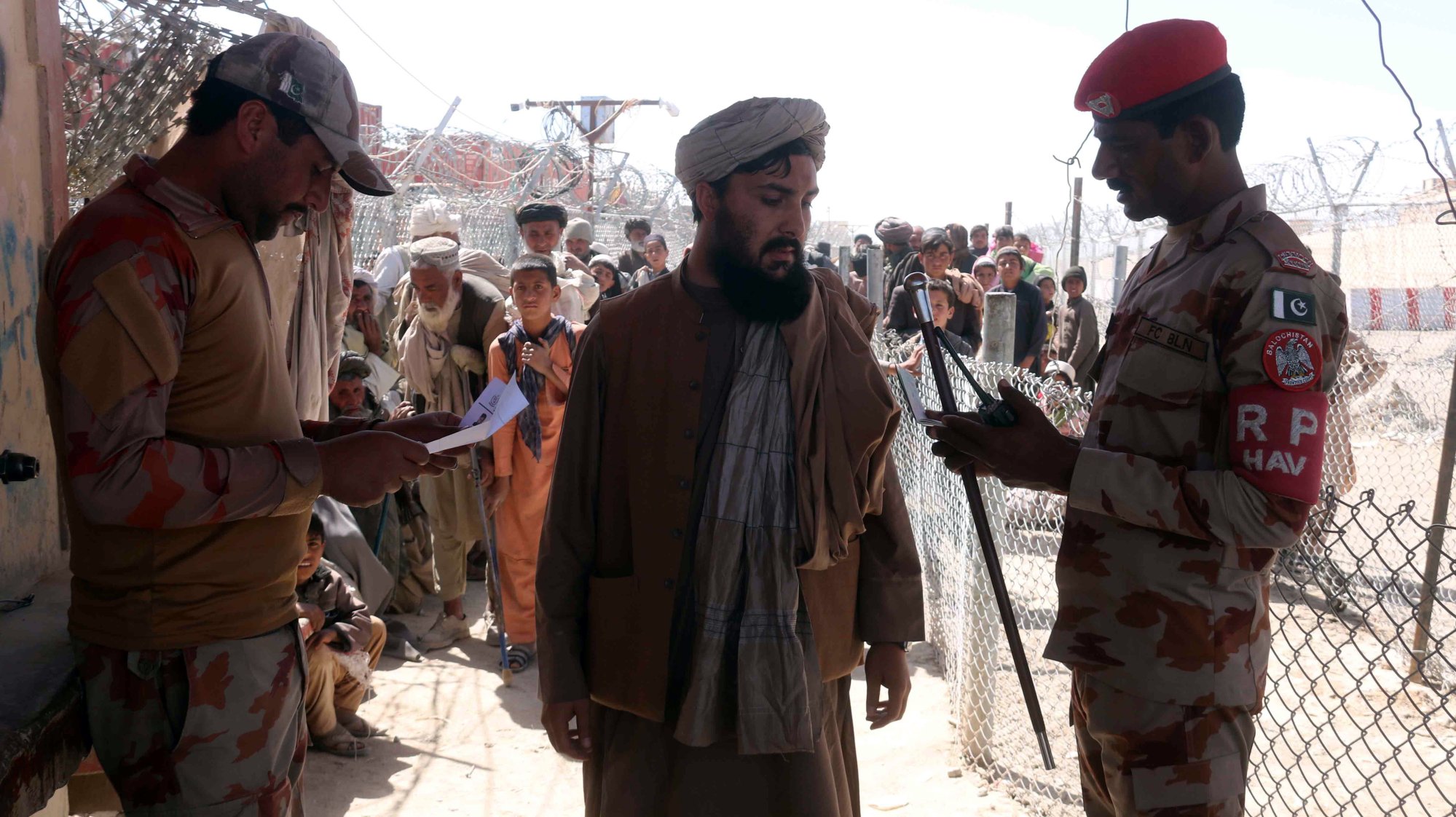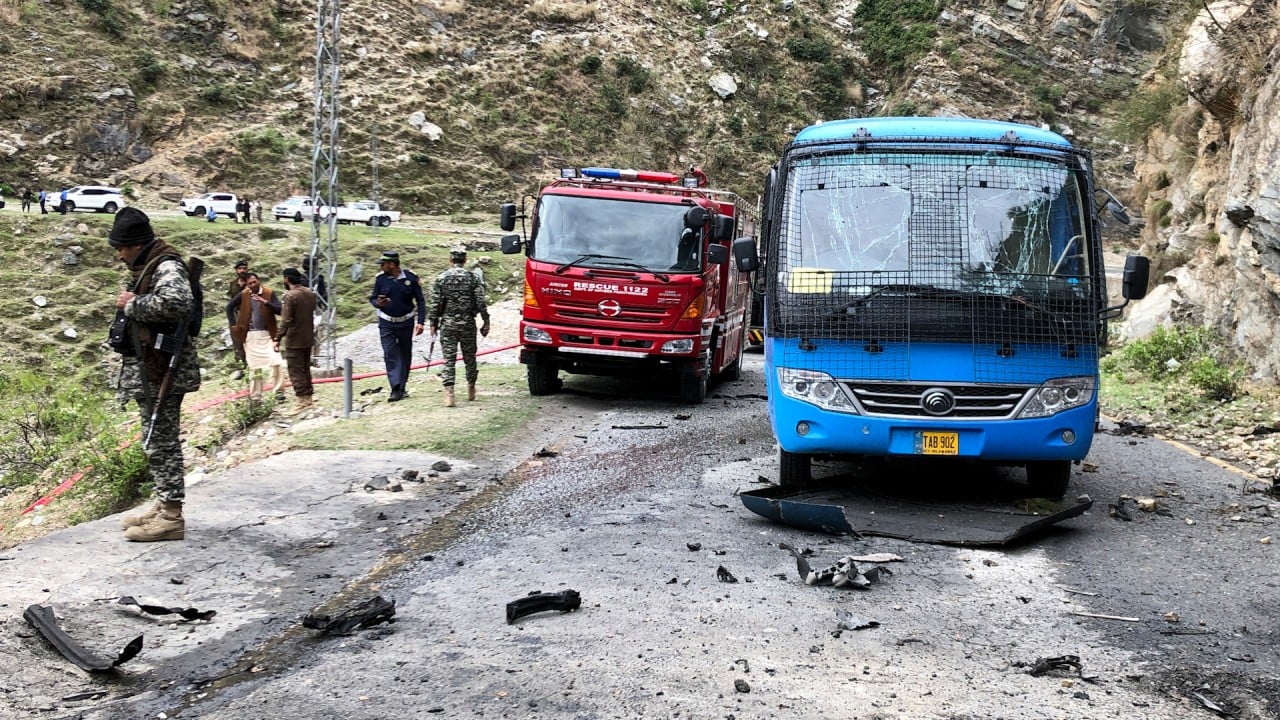Jointly ensuring and maintaining security, stability and peace in the region is one of the core objectives of the SCO. To this end, the organisation has formed the executive committee of the Regional Anti-Terrorist Structure as an exclusive standing body.
Despite arrangements within the organisation for jointly dealing with the regional terror threat, efforts aimed at strengthening anti-terror cooperation are likely to remain half-baked due to diverging security and economic interests among member states. India and China have had conflictual relations since their 2020 border clashes.
Their militaries have reportedly been talking about resolving the border issue but the tension remains. India has jettisoned its hesitance and thrown in its lot with the US camp by conducting military exercises with the US and its allies.
New Delhi’s continuous critique of the giant economic project that runs from China’s northwest through Pakistan to the Arabian Sea has caused doubts about its intentions. Pakistan has time and again raised the issue of alleged Indian efforts to sabotage the project.
Chinese engineers continue to be the target of terrorist attacks in Khyber Pakhtunkhwa province, which borders Afghanistan. The vehicle used for the recent terrorist attack that left five Chinese engineers dead had allegedly been laden with explosives in Afghanistan.
China is among the few countries that have continued to invest in the country’s development. China has also highlighted the benefits of extending the Belt and Road Initiative to Afghanistan and spoken of extending the CPEC to the landlocked country.

Conversely, relations between Pakistan and Afghanistan remain thorny and uneven. While the Taliban’s supposed protection of TTP’s rank and file seems to be the active point of conflict, issues regarding demarcation between the two countries and water sharing are still more chronic.
Clashes between Pakistani and Afghan border forces are routine, with the latest skirmishes reported earlier this month. Deteriorating ties between Pakistan and Afghanistan are a big concern for China, as they make prospects for regional cooperation against terrorism bleak.
Capitalising on the situation, New Delhi has continued to improve its ties with the Taliban, vigilantly investing in the construction of a dam in Afghanistan. India is a rare SCO member state not to administer a border with Afghanistan, and thus it may leverage that to aid and support terrorist forces entrenched in the country, and use them in its interests.
India also has leverage to exploit security loopholes in the region. A chaotic security situation that has lingered for decades as well as instability along the partially fenced Pakistani-Afghan border would appear to align with India’s security interests.

India’s increased clout and presence in Afghanistan, as well as alleged support for terror elements operating against regional economic projects, continues to be a big stumbling block to regional cooperation against terrorism.
Cognisant of the situation, Beijing sees that the solution to most terrorism-related problems lies in Afghanistan and has called for continuous engagement with the Afghan authorities.
Unless Afghanistan is supported financially and militarily, it alone cannot eliminate terrorist safe havens. Moreover, there is also a great need to convince the Taliban to take action against terrorist forces entrenched in Afghanistan.
Most importantly, unless India’s conflictual economic and political interests with Pakistan and China are addressed, one of the SCO’s core objectives, cooperating on regional security and peace, and the mission of its standing body established for anti-terror cooperation will always remain on paper.
Asma Khalid is an independent researcher and former visiting fellow at the Stimson Center


